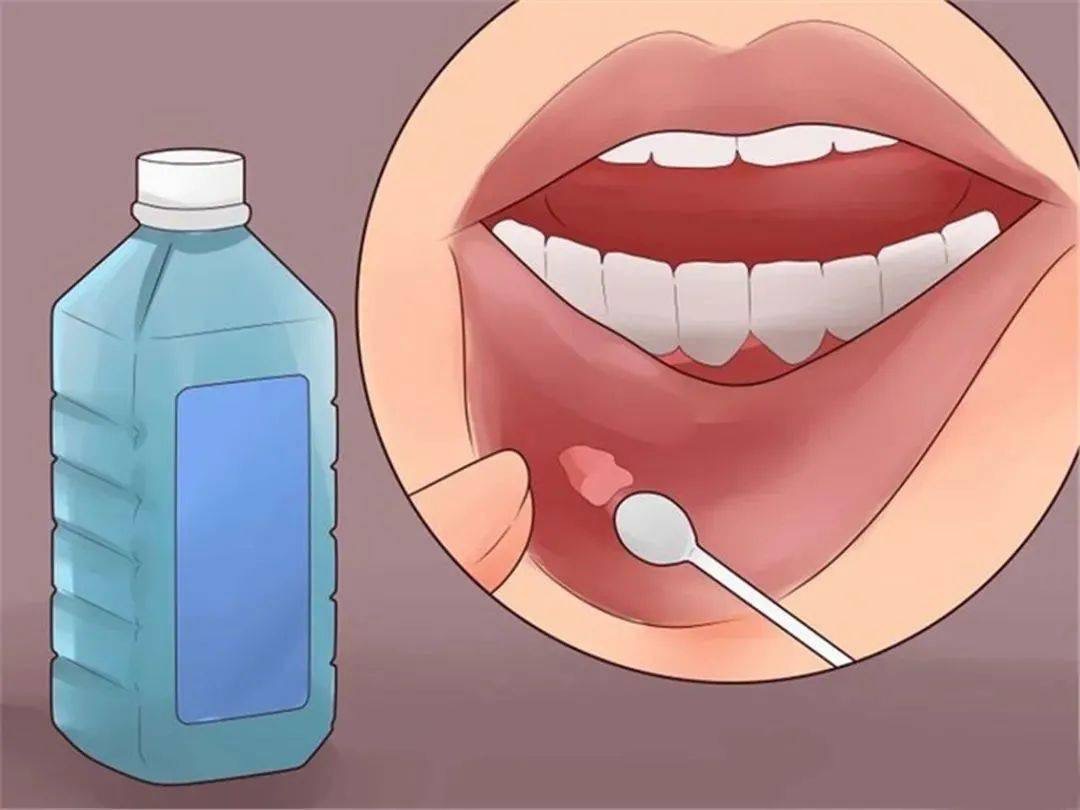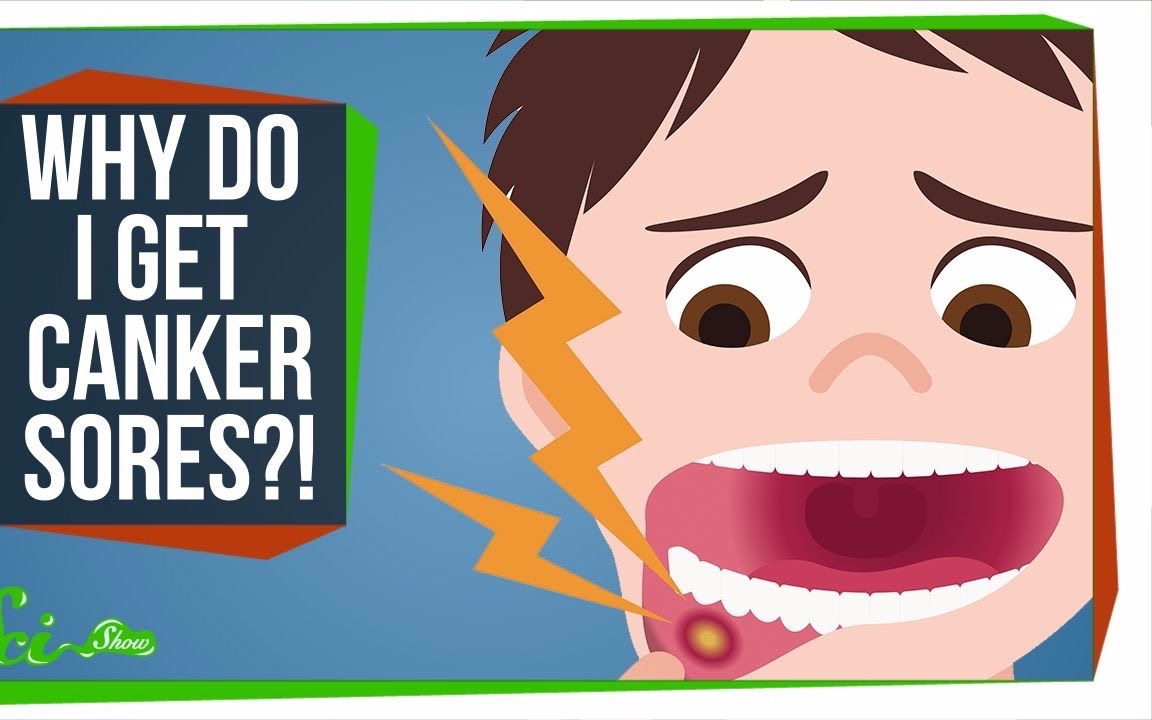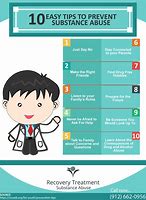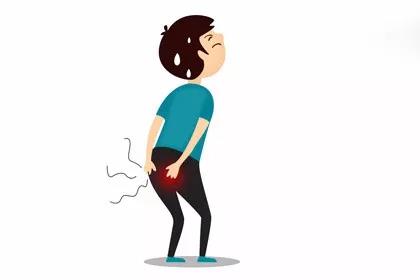Miraculous Mouth Ulcers Demystified: Pain Says Goodbye, Worries No More
Ever had a little pain in your mouth and then you start to worry? Don't panic, it's probably a mouth ulcer. Despite the scary-sounding name, mouth ulcers are a fairly common little problem. Today, let's take the mystery out of this little problem!

What are canker sores? Mouth ulcers, are small "cuts" in the mouth. They may look round or oval, sometimes have red edges, and maybe white or yellow in the centre. Although they can feel a little uncomfortable, most mouth ulcers are harmless and do not turn into oral cancer. Like transient guests, they will come and go away quietly. There are many variable symptoms of mouth ulcers, and each person feels differently about suffering from them, in these general categories:
The first thing is the pain. Sometimes, mouth ulcers may give you a little mild pain, like a tiny tingle, when you eat or brush your teeth. The second is discomfort. You may sometimes feel a little discomfort in the area around the mouth ulcer, or a slight tickling sensation. Then there is food discomfort. If the mouth ulcer happens to be in the area where you chew your food, eating may make you feel less comfortable. Keep in mind that these sensations may occur for some time and then slowly go away on their own. For most people, they are just a brief discomfort and won't become a long-lasting problem.

Why do you get mouth ulcers? Although we haven't quite figured it out yet, several possible causes may be related to it, First, sometimes it may be due to biting into the lining of the mouth, using harsh toothpaste, or even brushing too vigorously, which can cause ulcers to "break out" of our mouths. Then there are changes in the immune system that can cause ulcers to come back uninvited. It's as if our body's "guard of honour" is sometimes in a little disarray. Sometimes, they can also be an "accomplice" to mouth ulcers, making them more likely to appear. Although these factors may cause mouth ulcers, they are not a big problem. Keep in mind that they are just a small reaction of the body, and many times they will go away on their own.

But in the meantime, here's what you can try to alleviate the discomfort: First, keep brushing your teeth, but use a toothbrush with soft bristles and brush gently, not too hard. Then, you can rinse your mouth with water containing magnesium oxide or salt water, which will help reduce the pain and also act as an anti-inflammatory. Further, try to avoid spicy, acidic or hard foods, as this will avoid irritating the ulcers and reduce discomfort. Lastly, you can also use a mouth ulcer ointment that you can apply to the ulcer; it helps to reduce pain and can help the ulcer heal faster.
Remember that while uncomfortable, it's only a fleeting problem. With these small ways, you can help soothe your discomforts and wait for them to slip away on their own. If you're worried or unsure, you can also talk to your doctor for extra peace of mind! If you notice that your mouth ulcers are lasting longer than two weeks, or that they keep coming back more often, or are accompanied by other symptoms such as fever or weight loss, then it's a good idea to rush to the doctor. This is not to let the problem become more complicated. Your doctor will be able to give you the proper advice and treatment to give you more peace of mind. After all, health is most important!
(Writer:Lily)





